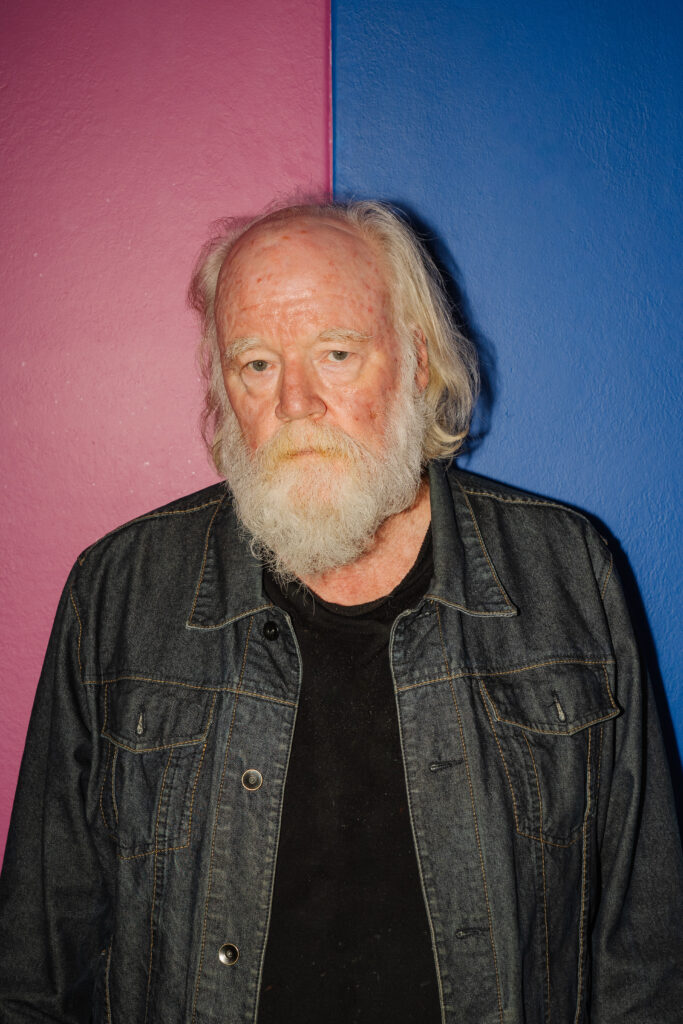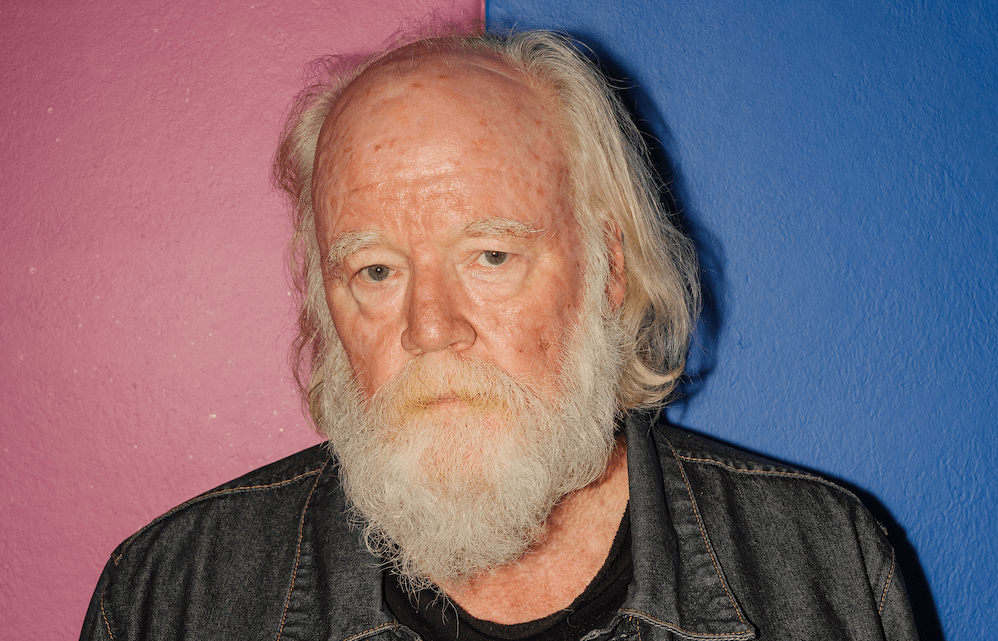Everyone at Imagine Fantastic Film Festival is mad about genre (right?). For our new interview series Faces of Imagine, our special guests, crew members and volunteers tell us all about the fantastic fiction they love.
Dit keer: special effects wizard Phil Tippett, who attended Imagine 2024 as our Guest of Honour and was given a Career Achievement Award for his work on films like The Empire Strikes Back, Jurrasic Park and Starship Troopers. He also curated and introduced a few of his personal favourites – from The 7th Voyage of Sinbad to his own stop-motion masterpiece Mad God.
Hi Phil! Why do you love fantastic fiction?
‘I simply can’t live without it. The first film I ever saw that got me into it was the 1933 version of King Kong, in 1955, when I was six years old. From there it all took off. Like everybody at this festival, it’s in my blood, my DNA. We grew up with this stuff. It’s like a drug. You just can’t get enough of it.’
What’s your favourite genre?
‘Probably horror, because I find that horror explores the depths of the human psyche more accurately than for instance science fiction, which is a lot more broad. Horror is more internal.’
What’s your favourite scary movie?
‘I’ve never been scared of a movie. But I’ll tell you, I can plug The Substance. The Substance is the best movie I’ve seen this year. There’s a horror – humour balance that filmmakers have always been using: you use humour as a catharsis for the horror that goes on. For instance, Starship Troopers has a great deal of blood and gore, but the sensibility is ironic, so that shifted the horrors of war into a more conceptual space of politics.’
What’s your favourite movie character?
‘King Kong. He was the first creature I ever saw, and it was love at first sight.’
In which fantasy world would you like to live?
‘I’d like to live in the fantasy world of peace on earth, goodwill towards man and the demise of Donald Trump.
Which fantastical being would you like to have as a pet?
‘It would be a genie who can grant you all your wishes.’
Do you dream at night, and what do your dreams look like?
‘Generally I don’t, but I was on medication once that was amazing. It would give you these great dreams. I would wake up in the morning and spend an hour writing about my dreams. I’d go back and review it months later and every so often I’d be able to discern that a number of these dreams had a very clear statement at the beginning, a fuzzy part in the middle and a conclusion that wrapped up the opening statement. I equivocated that to the three acts of a movie. And also to consciousness, where, if you have an idea or a thought, you often don’t know how to interpret it, so you need your unconscious to fill in the blanks. Your unconscious tells you what to do. That, to me, indicates – and I’ve talked to Guillermo del Toro a lot about this – that storytelling is innate, it’s within our DNA.’




